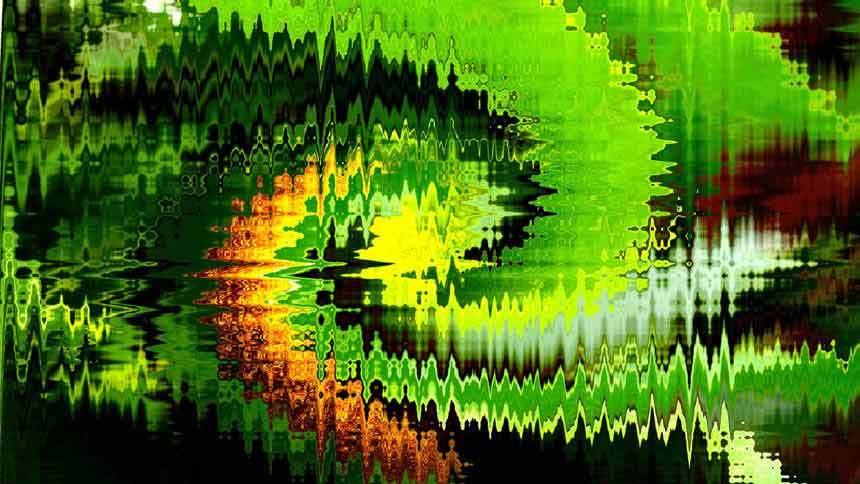As a criminal defense attorney who handles numerous marijuana cases, I get a lot of calls and questions from people wanting to know about New Jersey’s medical marijuana laws. Since I have not yet dealt with a New Jersey case where medical marijuana was a defense issue, I had been referring people to the New Jersey Department of Health’s website.
I finally got a chance to take my own look at the website, which contains an enormous amount of content.
Here are my observations regarding the Department of Health’s most recent ten page report on the implementation of the Medical Marijuana Program (MMP).
Current Medical Marijuana Use In NJ
For starters, I was surprised to see that based on the February 2014 report, there were hundreds of people in New Jersey who were already receiving medical marijuana. This came as a surprise because the medical marijuana bill that was signed into law way back on January 18, 2010, was initially plagued by red tape and political delays.
Nevertheless, the February 2014 Department of Health report indicates that 128 patients have been served medical marijuana at the Greenleaf Compassion Center in Montclair (Essex County), 360 patients have been served at the Compassionate Care Foundation in Egg Harbor (Atlantic County), and 460 patients have been served at the Compassionate Care Center of America Foundation in Woodbridge (Middlesex County), for a total of 948 patients served.
The report lists a total of 1,585 active patients, indicating that there are some 637 active patients who for one reason or another have permission to receive medical marijuana, but have not yet done so. These numbers should increase exponentially as three new facilities have secured host communities in Middlesex, Camden and Hudson Counties, but have not yet been given final approval to dispense medical marijuana.
When Is Medical Marijuana Use Legal In NJ?
The qualifying illnesses are listed in the following order from the highest number of patients to the lowest:
- Intractable skeletal spasticity (623 patients)
- Severe or chronic pain (572), multiple sclerosis (420*)
- Inflammatory bowel disease (319)
- Terminal cancer (172)
- Seizure disorder (109)
- Glaucoma (81)
- Muscular dystrophy (54)
- Terminal illness(40)
- Lateral sclerosis (22)
The report notes that patient conditions total more than the number of patients because some patients suffer from multiple conditions.
Here’s to my future synopsis on the implementation of New Jersey’s Recreational Marijuana Program…

